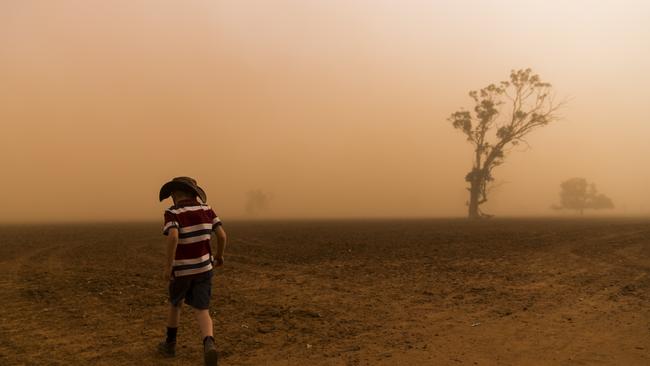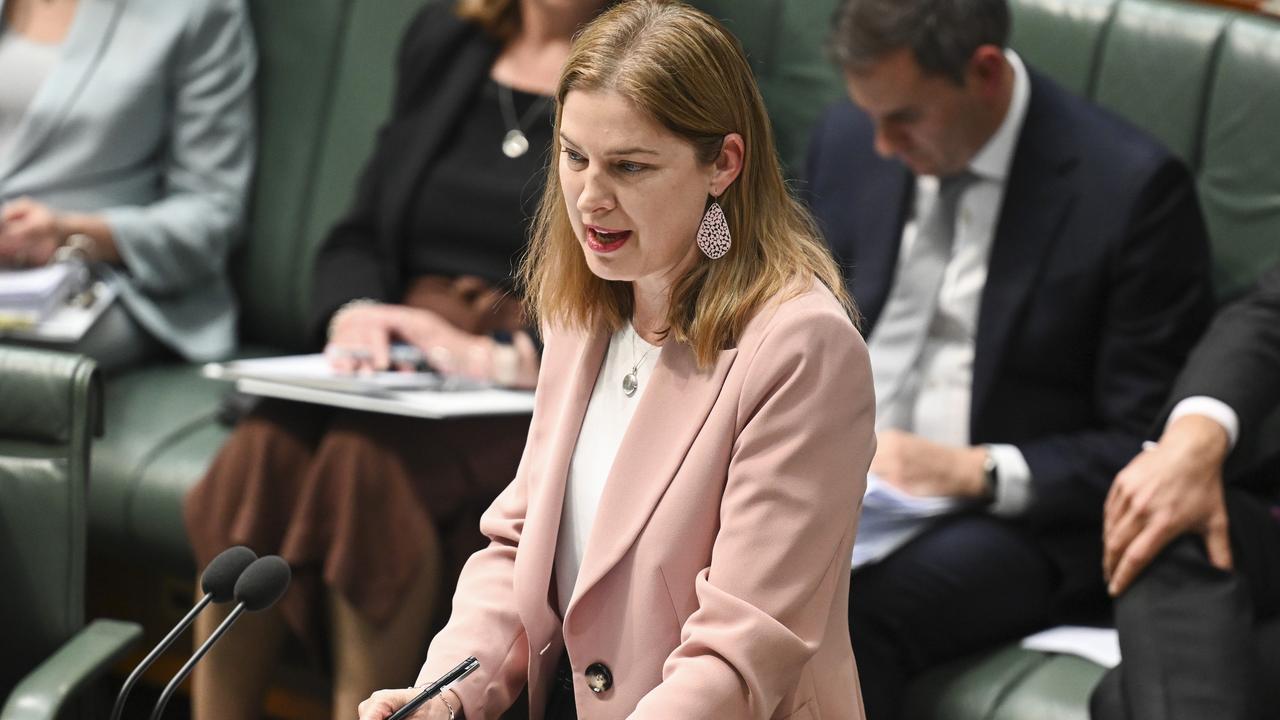IPCC report: Australian agriculture to feel the heat as droughts, flood and fire increase
Agriculture will be one of the first industries to feel the brunt of the nation’s rising temperatures – but it’s not too late to act.

Droughts, floods and fire will all become more frequent across Australia in the coming decades as global temperatures are predicted to climb by more than 1.5 degrees.
And agriculture will be one of the industries to feel the full brunt of the rising conditions, the UN’s Intergovernmental Panel on Climate Change warns.
The stark warning, released last week, is being seen by some farmers as Australia’s “last chance” to act on climate change before it’s too late.
“Any talk of 2050 is meaningless – it’s what happens between now and 2030 that will matter,” Farmers for Climate Action chair Charlie Prell said.
“Regional Australia has been hammered over the last five years, with intense drought, bushfires, endless torrential rain … so it’s scary stuff, but the opportunities are there to grasp.”
The IPCC report – compiled by more than 260 authors from 60 countries – found Australia’s land temperatures had increased 1.4 degrees in the past 110 years, and that global temperatures are likely to exceed a 1.5 degree increase in the next 20 years.
Under all scenarios, the mean temperature in Australia is “virtually certain” to increase throughout this century, leading to more frequent heatwaves.
“Heat thresholds potentially affecting agriculture and health, such as 35°C or 40°C, are also projected to be exceeded more frequently,” the report stated.
Droughts are projected to increase in southern and eastern Australia, and there’s a high likelihood fire weather will increase throughout the country.
The report found human-induced climate change had contributed to increases in agricultural droughts in some regions, while “in Australia … there is medium confidence of increase in fire weather conditions due to human influence.”
National Farmers’ Federation chief executive Tony Mahar said the report detailed “concerning trends” which warranted further action in Australia, including within agriculture.
However, he added that agriculture had already achieved a lot toward Australia’s Kyoto emissions reduction targets, through landclearing reforms.
“For the current task farmers will play a role but we need to see other parts of the economy stepping up as well,” he said in a statement.
The NFF is among the groups that support a 2050 net-zero emissions target. Several Nationals MPs, including leader and Deputy Prime Minister Barnaby Joyce, last week again indicated they would resist supporting any target without a plan and costings of how to achieve it.
With electricity the biggest emitting sector in Australia, Mr Prell said there were opportunities for farmers and regional communities to further embrace the transition to renewables, for the benefit of them and the environment.
“I would urge our leaders, all stripes and levels, to treat climate change the same way that we’ve treated the pandemic, which is: Listen to the experts,” he said.
MORE
EXTREME WEATHER EVENTS TO GET MORE INTENSE IN AUSTRALIA
AUSSIES TURNING TO PLANT-BASED MEAT ALTERNATIVES
NATIONAL AGRICULTURE STRATEGY FOR CLIMATE CHANGE STILL NEEDED


